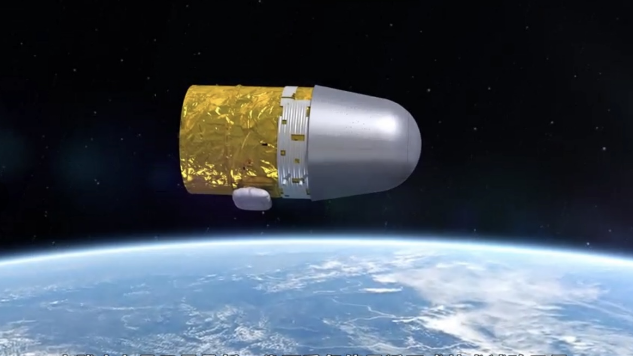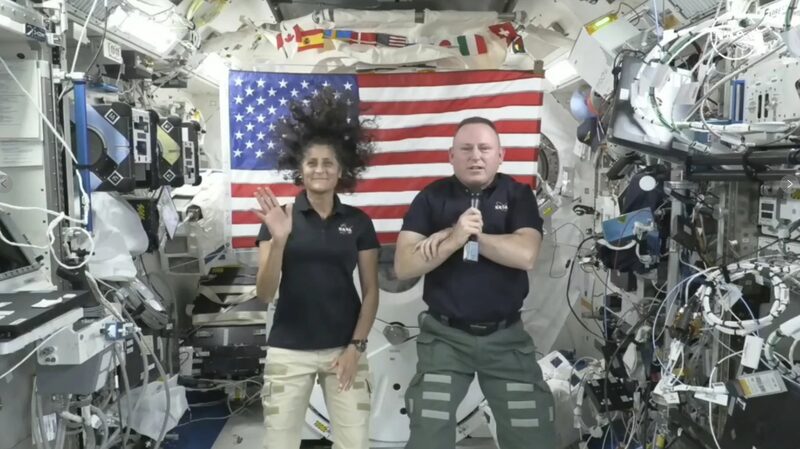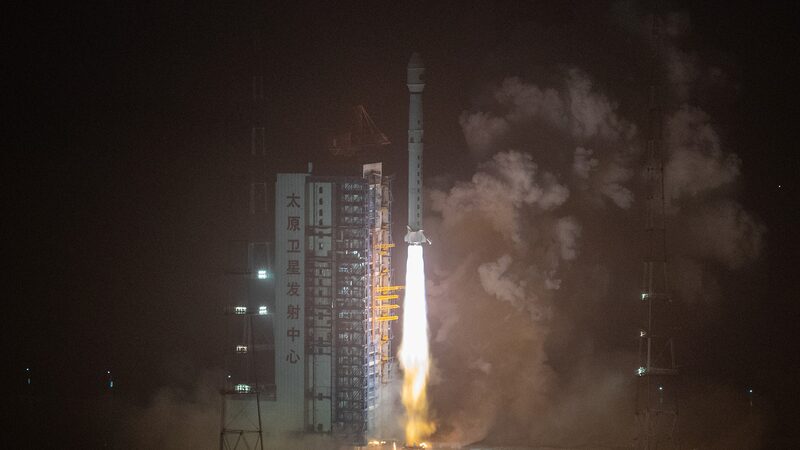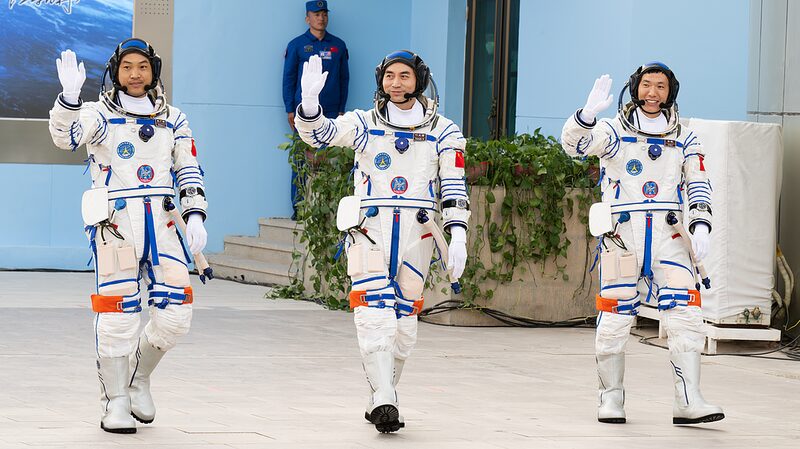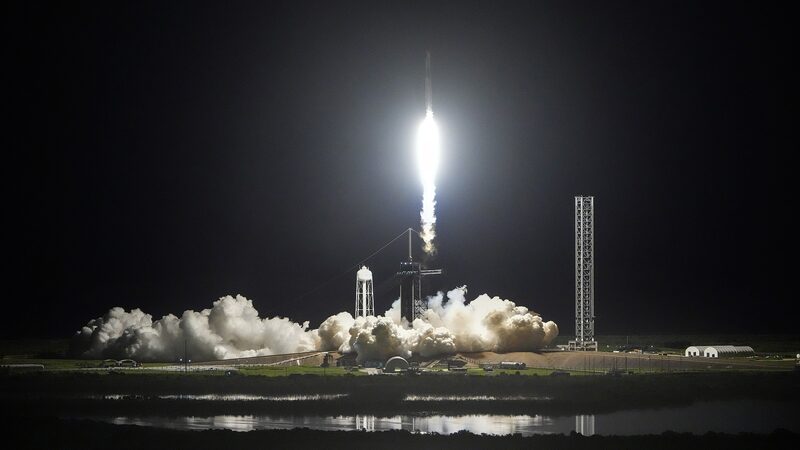In a significant leap for space technology, China has announced that its inflatable space capsule has successfully passed an in-orbit flight test aboard the Shijian-19 satellite. The China Academy of Space Technology (CAST) released a statement on Thursday confirming the milestone achievement.
The successful test marks a promising advancement in space exploration and technology development. Inflatable space capsules are designed to expand once deployed in space, offering larger habitable volumes compared to traditional rigid structures. This technology could revolutionize the way astronauts live and work in space, providing more room for equipment and scientific experiments without the need for larger launch vehicles.
The Shijian-19 satellite, which carried the inflatable capsule, served as the testing platform for this innovative technology. While details about the mission remain limited, the successful deployment and operation of the inflatable module demonstrate China’s growing capabilities in space engineering and exploration.
Experts suggest that this achievement could pave the way for future missions involving inflatable habitats for astronauts, space laboratories, or even components of space stations. By reducing the mass and volume of structures launched from Earth, inflatable modules can offer cost-effective solutions for long-duration missions and deep space exploration.
The China Academy of Space Technology has been at the forefront of China’s ambitious space program, contributing to various satellite launches, lunar exploration missions, and the development of the country’s space station. The success of the inflatable capsule test adds to the list of breakthroughs achieved by Chinese scientists and engineers in recent years.
As nations continue to push the boundaries of space exploration, advancements like these highlight the importance of innovation and international cooperation in expanding human presence beyond Earth.
Reference(s):
cgtn.com
